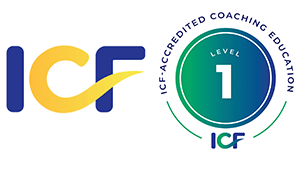Have you ever wondered how to become an executive coach? When it comes to coaching, many coaches look longingly at the niche of Executive Coaching and wish they could find a way to break into that market. After all, executives need coaching, are easy to locate and most of all, have the...
LEARN MOREHow to become an Executive Coach





